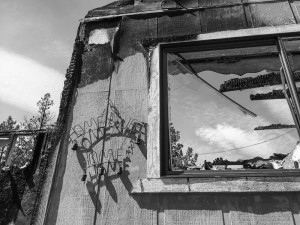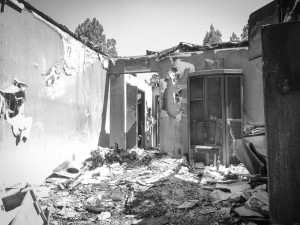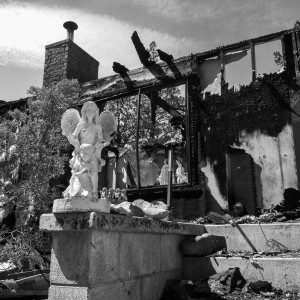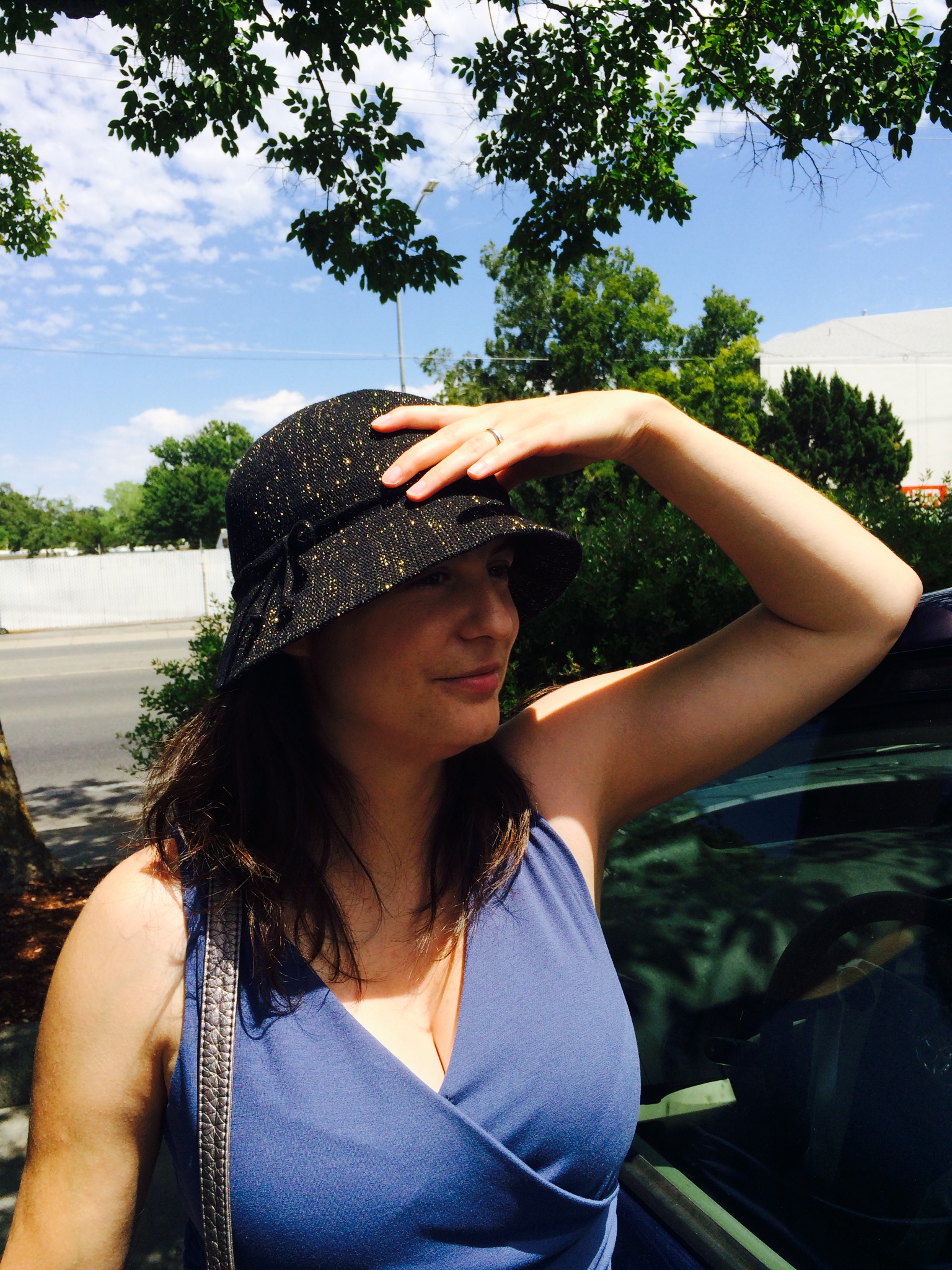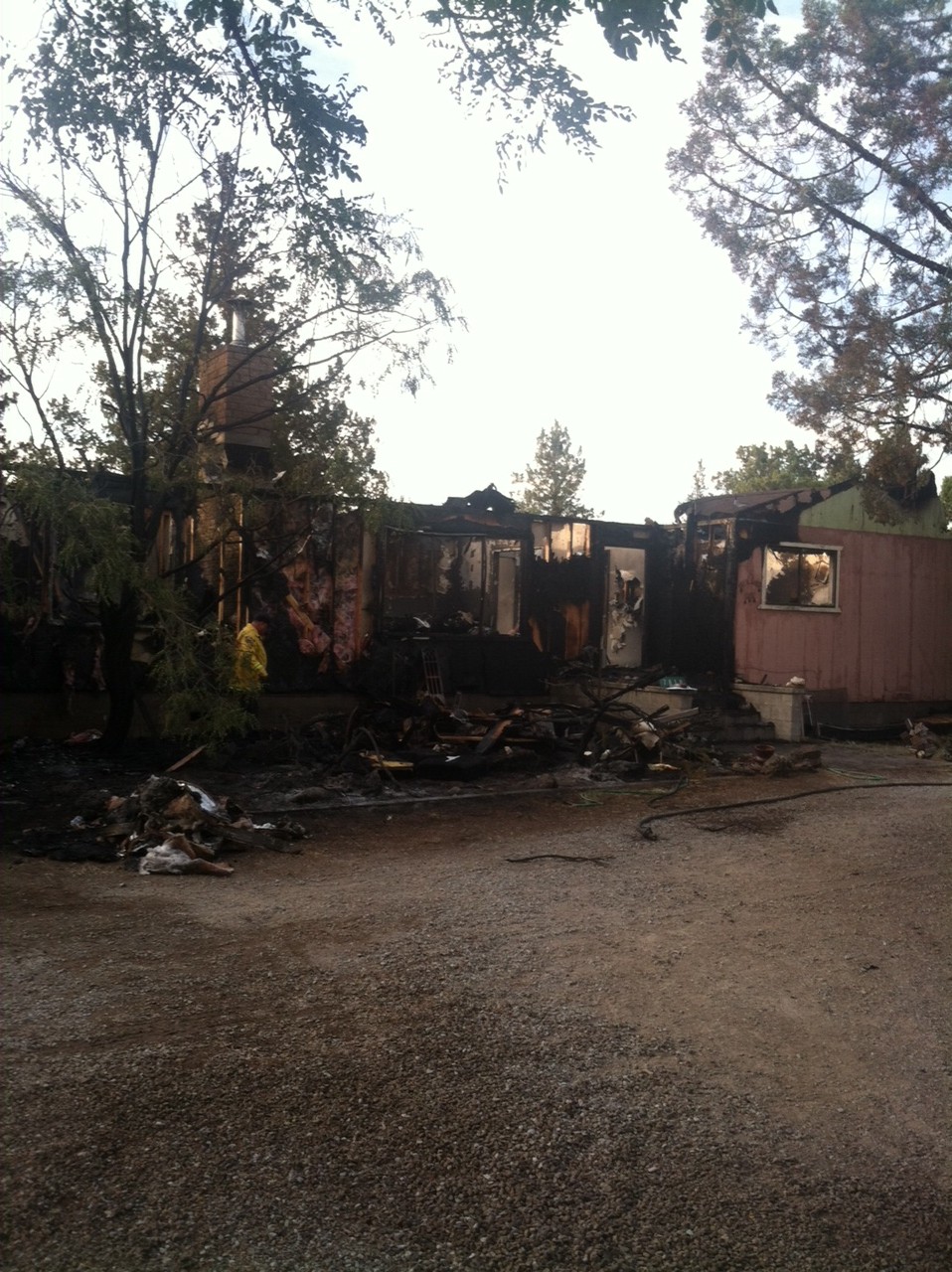My son is taking Karate classes. I really wanted him to finish all his levels in swimming first and he had one more level to go, but:
- He’s an excellent swimmer now and,
- He’s wanted Karate for a very long time.
The deal was for him to learn how to swim with confidence and then he would get to pick the next activity. He’s a good sport and learned to swim. He enjoyed it, and even though he started out unsure, even though he had a challenge at every step, he kept practicing. He never gave up (or at this young age, it’s more like we wouldn’t let him. Of course, we never gave it as an option.) Oh, he was sure at times he’d never make it to the next level, but he’d always hit a breakthrough eventually.
Back to Karate. I really love watching the lessons. There are little nuggets of wisdom each week. Aside from me taking notes on the types of kicks and defense moves (I can use them in stories), I also take some of the principles to heart. This week the instructor asked the kids: “When we talk about the tenets of black belt, the last one is victory. It’s important. Focus is important, integrity is important, but victory is also equally important and misunderstood. Do you know what victory is?”
To be honest I was a little annoyed. Victory is not that important. Winning is not a wonderful thing to focus on all the time at this stage of development. I was surprised that the instructor chose to focus on this lesson at this age level.
There was a long pause.
The teacher prompted them to answer.
One kid raised his hand. He was fairly brawny, obviously an athletic build for his age. “Winning.”
“I’m glad you said that. That is why we’re talking about it.”
I got a little more flustered. My daughter had even stopped her coloring to watch, she’d picked up on the tension in the room. I was not the only parent waiting to see where this discussion was going. A lot of us had signed our kids up to avoid the baseball parent mentality of competition. Not all parents are this way, but too often we’d take the kids to sports events and see parents screaming at kids to “get it right”, or coaches screaming—taking the sport too seriously. Below the age of ten that’s really counter-productive. There’s room in life for competition, but at this age the foundation has to be built first, so kids understand what they’re working for, at what cost, how to handle winning/losing, and why.
“Winning is a really cool thing,” the teacher started. “It makes us feel good to know we’re good at something. That usually rewards us, and we want to keep going, and keep trying.”
These were all true. I could tell now by the inflection in his voice that he had an important point to make. I just hoped we were on the same page.
“But victory is not winning.” He waited a beat, because he could see the confused looks on their faces. If he’d looked at the parents, he’d see we were all confused, too.”
“Victory is setting a goal and achieving it.
It was an important distinction and he went on to explain more. It was an ‘ah-ha’ moment for me. I’d done this before, we all have. Setting a goal and meeting it, but to have it described as victory in the context he’d proposed it really made a difference in mindset.
Winning is not a goal. It really can’t be when set this way. In writing I’ve learned that publishing contracts, story sales, having people like my writing, or even getting reviews are not goals.
I’d learned this lesson in my profession as a psychologist, too. When working on changing behavior (setting a goal), it had to meet several criteria.
A goal is:
- Something you can measure,
- Not dependent on anyone but the person working to attain it, and,
- Achievable within the current skillset.
So with those criteria in mind, I learned to set more realistic goals.
Sometimes if a goal does not meet the criteria it becomes difficult to achieve. So I’ve always set a goal and then analyzed it to be sure I could meet it. I don’t like to make them too easy either. I want it to be a victory. I want that euphoria of winning at something, even though the competition is against myself. I’ve always been self-motivated. I like working on a team, but I’ve never worked well in a competitive environment.
Usually when I get the feeling someone is comparing themselves against me or trying to win against me, I’ll go into hiding until they feel they’ve won and go away. I just don’t like the feeling of being responsible for someone else’s achievement. That part about your happiness (or achieving a goal) being dependent on someone else? I take it really seriously. If I need someone to achieve a goal then I know it’s not a goal. It’s not the same as finding help, or finding a team to get to a goal. What I mean is that “I have to find readers” is not a goal. I’m depending on a someone else to reach happiness at that victory.
“I want Captain Picard to like me.” Also not a goal.
I could dress it up and make steps to get there, like “I know he likes Earl Grey tea. I shall drink Earl Grey tea three times a week until I like it, too.” Or, “To become more likable I will take charm school classes. And join the military, because Picard likes disciplined people.” I can trick myself into thinking I’m achieving goals that will eventually lead to my dream of having Capt. Picard like me, but in the end my dream is dependent on someone else reacting a certain way.
Just like selling a novel is a really cool thing that might happen someday, it’s not a goal. Writing the best novel I can is a goal. And having victory at that goal, could lead to eventually winning at selling a novel. Just like practicing swimming can give us victory at a better backstroke, which might lead to winning a race.
Sometimes I think by having dyslexia I cheated at being a successful writer. For one thing, publishing in a professional market was so far beyond possibility in the beginning, I didn’t have a chance to make it a “goal.” I worked on gaining a skillset. My dream had always been to be good enough to publish eventually, but I was more focused on the skillset I knew was not there. I went slowly and had a few things to work on at a time. I started with proper sentence structure. I narrowed in on basic things. When I got confidence and feedback that I’d mastered them enough to move on I did. That part was somewhat dependent on other people to help me, but my goal did not depend on it because the skillset I was working on was always measurable. Like creating a descriptive sentence without using an adjective or adverb.
Maybe I understood the idea early on and didn’t realize it. I hadn’t redefined it yet, but deep down I knew the path to winning was through victory.
I see a lot of people in professions get discouraged quickly, especially if they’ve had some success early on. I sometimes wonder if it’s because they’ve confused victory and winning like all of us sitting watching our kids at that karate lesson.
I love comments! Every time you comment someone will achieve victory.






